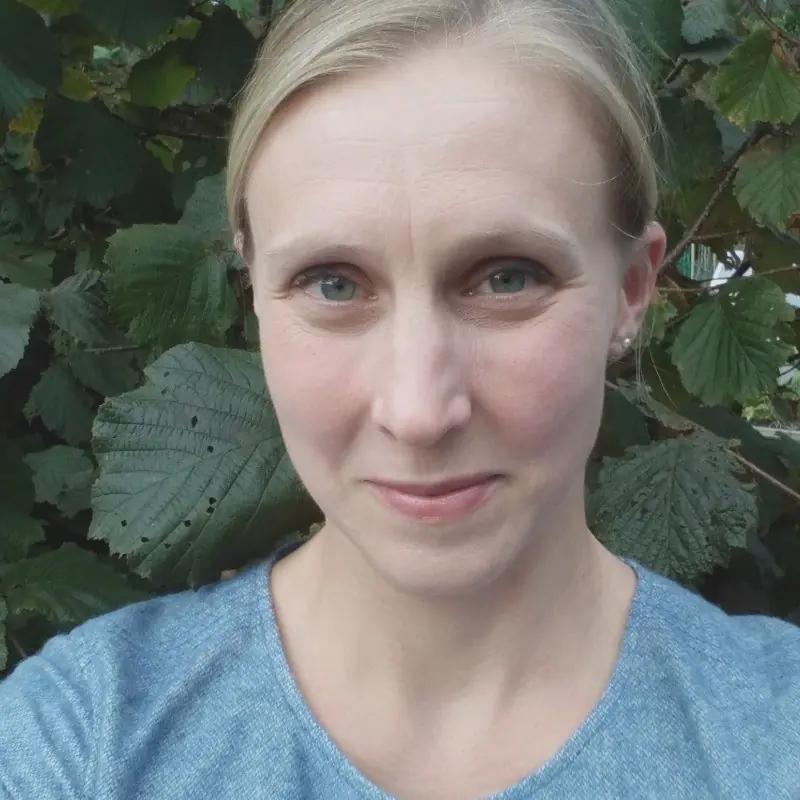About us
Introduction
One Health Vector-Borne Diseases Hub (also called "VBD Hub" or "One Health VBD Hub") is a non-profit open-source project funded by UKRI and Defra. The aim of the project is to improve the accessibility and sharing of information about the infectious agents, hosts, and vectors involved in vector-borne disease transmission in the UK. To accomplish this the project will:
- Build new infrastructure that allows researchers working across different vector and pathogen species and ecological, veterinary, and medical contexts to combine their knowledge to deliver more coordinated responses to vector-borne disease threats
- Develop new tools to help understand the relationship between our environment and vector-borne disease transmission and predict how changes in the environment will impact risk going forward
- Support the sharing of data and findings on these diseases among the UK research community and with policymakers.
In the end, the project will deliver a platform and network for dealing with UK vector-disease threats.
Vector-borne diseases (VBDs), in which infection is spread by insects, ticks, and mites, affect the health of humans, animals, and plants. They include diseases which may sound familiar like Lyme disease, Bluetongue, and Louping Ill, and new infections like Usutu virus.
Over the next 20 years, risk of these types of infections in the UK is predicted to increase.
It is critical that we establish the key networks and platforms needed to coordinate the UK's response to these looming threats. Formulating plans to prevent and control vector-borne diseases is complicated by the fact that their transmission cycles often involve not only vectors but also several domestic and wildlife animal species and are extremely dependent on environmental conditions.
Core teamLink to Core team

Lauren Cator researches the role of mosquito behaviour and ecology in disease transmission at Imperial College London. Lauren is leading the Hub and responsible for overall project management and coordination of the team and engagement with the wider UK VBD research community.

Marion England researches spatial epidemiology and vector ecology at The Pirbright Institute. She brings expertise in a wide range of VBDs including blue tongue and leishmaniasis as well as GIS to the project.

Robert Jones is an entomologist at LSHTM and director of social impact at Arctech Innovation. He is coordinating between the UK VBD data hub and the Global Vector Hub, an open access platform for networking and resource sharing.

Sarah Kelly is the data curator for the hub. She predominantly focuses on relationship building with data depositors and data wrangling. For the last 9 years Sarah has worked as part of the VEuPathDB funded by NIAID, curating both entomological and epidemiological data. When she isn’t curating data you will find her running, swimming and cycling around the coastline and camping on hilltops.

Stanislav Modrak is the software engineer behind the hub platform based at the Imperial College London. He has previously worked on risk analysis and compliance in cryptocurrency markets, digital bureaucracy and e-government platforms.

Francis Windram is a PDRA on the hub at Imperial College London where he develops tools and visualisations for disease vector trait and population data. During his PhD, he created computational imaging methods to extract traits from the webs of UK orb-weaving spiders. Aside from science, Francis is also an avid musician, climber, and nature enthusiast.

Samraat Pawar studies how individual-level metabolism scales up through species (population) interactions to community- and ecosystem-level dynamics at Imperial College London. Samraat is supporting integration of existing repositories with the Hub and the development of software for working with the data.

Will Pearse develops new statistical and computational tools to answer fundamental questions about the origins and future of biodiversity, and applies those insights to improve human wellbeing at Imperial College London. In this project, Will is focussed on how best to link environmental data with other types of biological data important for understanding VBD transmission.

Chris Sanders’ research focuses on the physiological and behavioural attributes that enable an insect species to transmit a pathogen – known as its ‘vector capacity’. He brings expertise in field sampling, virology, and using environmental data for forecasting vector incursion and transmission risk to the hub project.

Hannah Vineer’s specializes in veterinary parasites, examining how weather, climate, host interactions, and human behavior influence their populations and transmission. She uses mathematical and statistical models to predict geographic and seasonal trends, aiming to inform veterinary policies and improve parasite control while incorporating One Health perspectives.

Steven White is a theoretical ecologist at the UK Centre for Ecology & Hydrology, specialising in modelling population dynamics and species spread using mathematical and simulation models, tackling topics in vector-borne disease epidemiology and control. Steven is supporting the development of forecasting tools.

Zofie Cheah is an MSc student in Drug Discovery and Pharma Management at UCL, specialising in biochemistry and supporting the hub with data curation and outreach.
Press releasesLink to Press releases
- Imperial College - New hub to gather data on diseases spread by mosquitoes, ticks and other vectors
- Pirbright Institute - Pirbright joins hub to tackle vector-borne diseases
- CEH - Gathering data on diseases spread by mosquitoes, ticks and other vectors
- University of Liverpool - New hub to gather data on diseases spread by mosquitoes, ticks and other vectors
- UKRI - Defra-UKRI One Health VBD Hub
- UKRI - UKRI and Defra invest £7 million to fight vector-borne disease
- Animal Plant Health Agency - Additional funding for research on diseases spread by mosquitoes and ticks